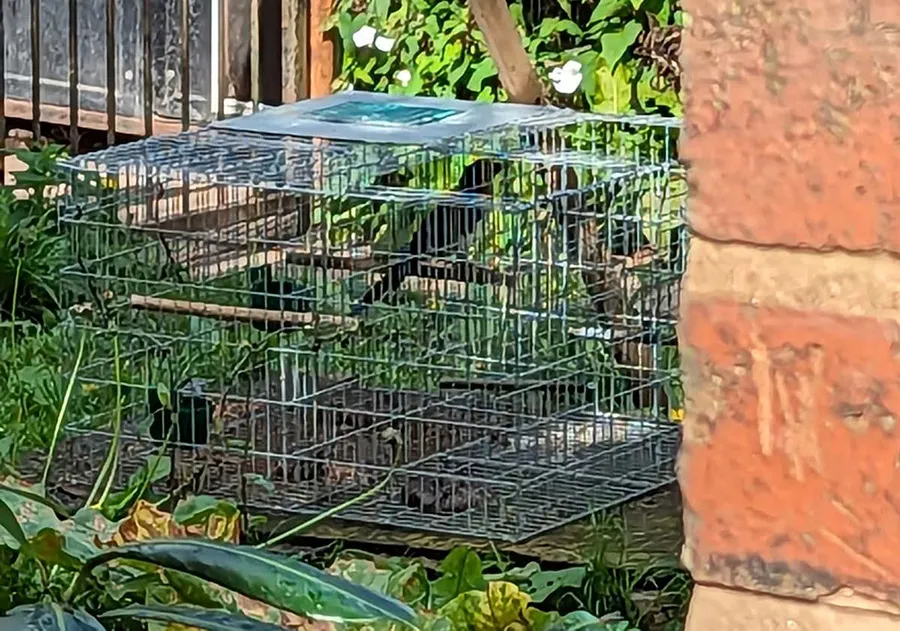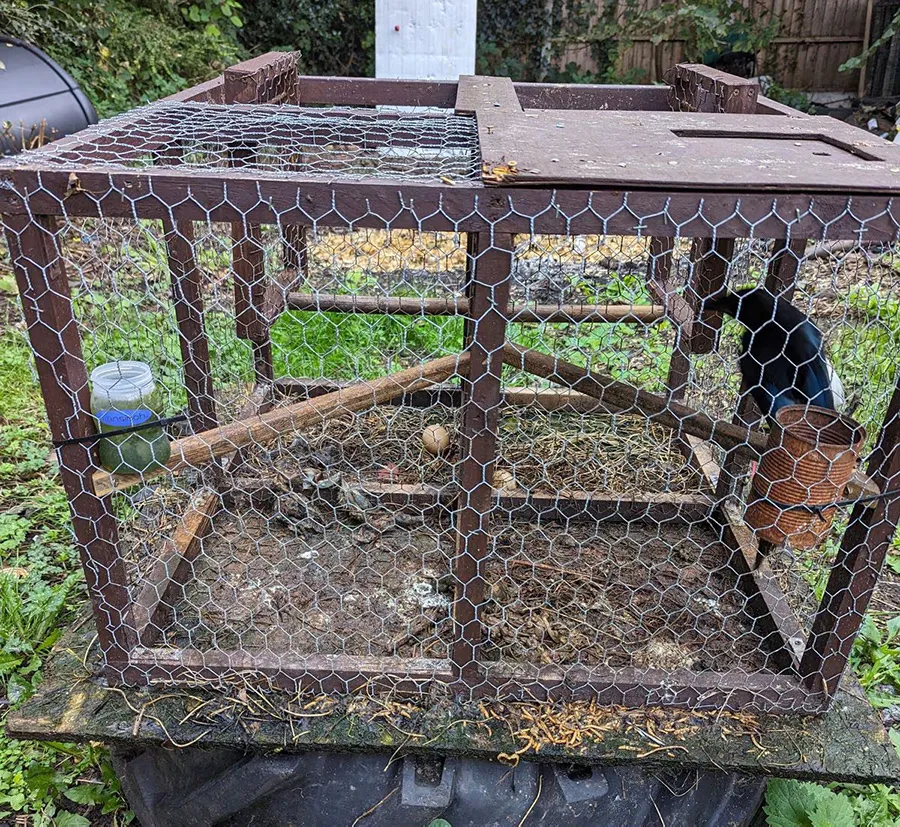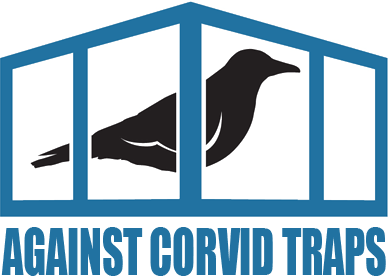Richard Robin Orton, of Westland Road, Wolverhampton, was using Larsen traps in his back garden to catch the birds.
The RSPCA was alerted to the issue after witnesses raised concerns about the welfare of the magpies.
One of the birds was housed within a wire cage, with access to only half of it.
There was a “small amount” of “very dirty water” present, but no food within reach.
There was also a “significant” amount of faeces within the cage which was “extremely foul smelling”, the RSPCA has said.

In the section of the cage the bird was unable to access, there was what appeared to be a piece of rabbit skin.
The magpie was in “poor physical condition”, with a prominent breast bone and muscle loss.
A second magpie – who a vet concluded was even thinner than the first, with no fat covering and a loss of muscle – could also only access half of the cage it was housed in, which was made from wood and chicken wire.
This cage resembled similar conditions to the first, with green, dirty water present, no food within reach and a large amount of faeces.

In the veterinary report, it was said: “Both birds would have suffered unnecessarily for a minimum of two weeks but in reality likely longer.
“They did not have their welfare needs met due to the failure to provide an appropriate environment.
“From the amount of faeces observed within the traps, it is my opinion that no cleaning or removal of droppings had occurred within the previous four weeks, but likely a considerably longer period of time.
“It must be stressful and distressing to be living in the same area as you pass faeces with no-way to remove yourself from these conditions.”
RSPCA Inspector Ben Jones investigated the issue on behalf of the animal welfare charity.
Mr Jones said: “Every year the RSPCA receives many calls from the public concerned about the use of Larsen traps to capture wild birds.
“Larsen traps can be made of wood or metal and contain two or three compartments to allow the use of a live decoy bird, like a magpie, to attract other magpies in defence of their territory.
“Although such traps are legal, strict controls relate to their use. If these are breached – and it is easy to do so – the trap setter loses the legal protection of a general licence for trapping and killing magpies and could face being prosecuted.
“People who trap magpies could leave themselves open to prosecution should they infringe any one of a number of strict conditions relating to the use of Larsen traps.
“Trap setters have to provide the decoy bird with food, water, shelter and a perch and inspect the trap every 24 hours.
“Sadly there is great potential for suffering of wild birds in being contained in cramped, unsuitable spaces, as we’ve seen here with the two birds found in Orton’s possession.”

Orton, aged 39, was disqualified from keeping birds and ferrets for five years and ordered to pay £312 when he was sentenced at Birmingham Magistrates Court on April 17.
His conviction under the Animal Welfare Act 2006 also means that he can no longer use Natural England’s General Licences.
The magpies were both released back into the wild.
